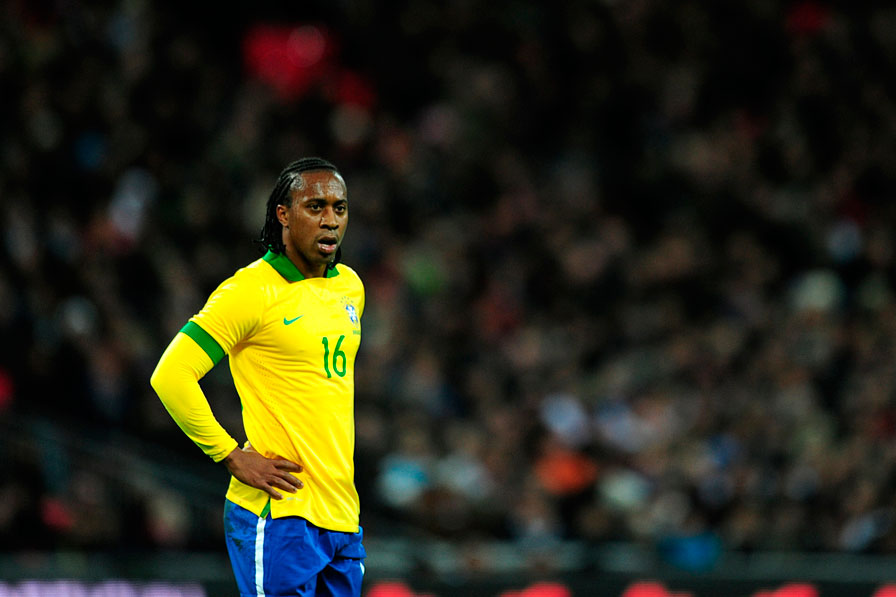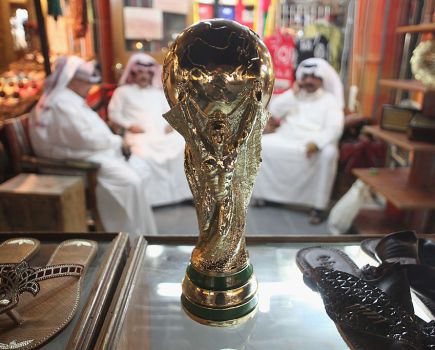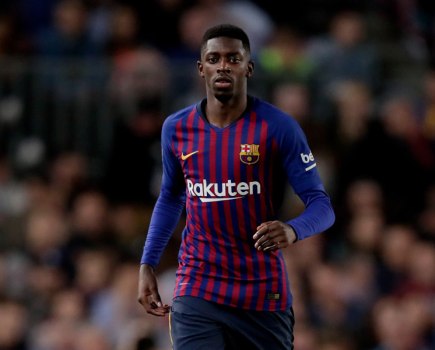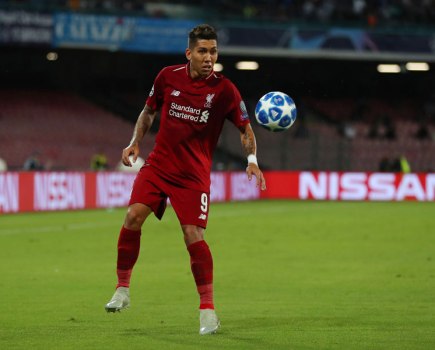As if Brazil needed any further irritants, beyond the World Cup preparations fiasco, it has found itself exposed over ‘hidden’ racism.
For the eurocentric international media, racism in football had become an issue in which eastern and southern Europe and England, to a lesser extent, were easy to kick around.
No-one in Europe ever gave a thought to the uneasy truth which lies below the tip of the iceberg perception of Brazil as a land in which blacks (Pele etc) and whites (Zagallo etc) were happy world champions together.
Brazil does not have the secret to inter-racial contentment or President Dilma Rousseff would not have felt the need to take to Twitter over the Arouca row . . . and over the weekend when the Amazonia Stadium in Manaus finally staged its first test match.
Last Thursday 27-year-old Santos midfielder Marcos Arouca da Silva was subjected to monkey chants and racist insults after inspiring a 5-2 win away to Mogi Mirim in a Paulista state championship match.
Such an incident was not new in itself. What was new was that the comments, as the player left the pitch, were caught on reporters’ microphones. Later the comments were put to both player and coach Oswaldo de Oliveira who demanded disciplinary action.
That followed quickly with the Paulista federation ordering the closure of the Mogi Morm stadium pending the outcome of a disciplinary inquiry because such behaviour “stains sporting discipline as well as the basic principles of civility.”
In fact Arouca himself did not hear the comments. He made the point in a statement in which he added: “It’s lamentable and unacceptable that there is still room for this kind of thing today … It killed the happiness I felt over our team’s good performance in which I scored a good goal – which is what sport should be all about.
“I sincerely hope cases like this will be severely punished because until that happens nothing is going to change. Impunity and the connivance of authorities with the people who do this kind of thing are every bit as serious as the acts themselves.”
Team-mate Lucas Lima said: “It’s embarrassing. We say that we don’t have racism in this country but I think that it’s one of the countries that does. It’s because of a lack of education.”
The ban on Mogi Morim’s ground may prove academic since the club’s next home game is not until March 18.
But this was hardly an isolated incident.
Also last week a referee down in Rio Grande do Sul had bananas thrown on his car after a game. Fans told referee Marcio Chagas da Silva “your place is in the jungle” and “to get back to the circus” during the Esportivo-Veranopolis match in the local state championship.
Hence President Rousseff decided she had no alternative but to weigh in.
She said: “It is unacceptable that Brazil, the largest black nation outside of Africa, should find itself confronting such scenes of racism.”
Rousseff said she was inviting religious leaders from around the world to contribute anti-racism messages during the World Cup finals.
At least there was good news for her from Manaus, deep in the heart of the Amazon, where England and Italy will open World Cup action locally in June. The stadium which was once FIFA’s major headache has been opened for business.
A match between top regional clubs Nacional and Remo provided the occasion for the Arena da Amazonia Vivaldo Lima to open its doors. The status of the match was a quarter-final of the local Copa Verde in front of a restricted 20,000 crowd.
Some 7,000 tickets had been handed to construction workers so the match could finally go ahead in a stadium whose ‘delivery’ had been postponed four times because of funding problems and work delays.
Sports Minister Aldo Rebelo headed the delegation of dignitaries in the stadium which has been labelled the ‘whitest of white elephants.’
Governor Omar Aziz did not agree, saying: “This stadium is a victory of the Amazonian people.”








